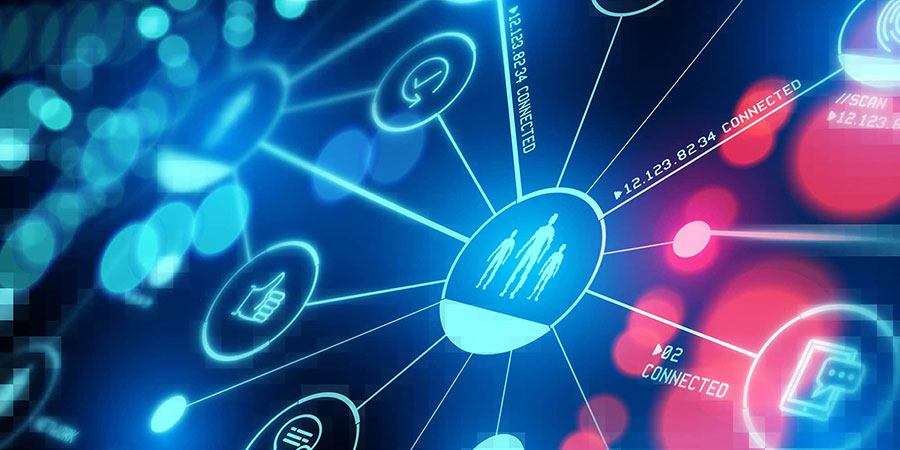By Tala Issa
The global telecom industry is currently experiencing a new age in connectivity, with the impending introduction of the world’s fastest next-generation network, 5G. There is no doubt that this industry will experience yet another era of unprecedented opportunities and innovation.
“If the lifeblood of the digital economy is data, its heart is digital trust- the level of confidence in people, processes and technology to build a secure digital world,” read a PwC report titled ‘Digital Trust Insights’.
5G boasts high throughput, increased bandwidth and ultra-low latency and is expected to drive radical changes in several industries. This next-generation technology is around ten times faster than its predecessor and is expected to drive digital transformation in both public and private enterprises across the world.
However, despite this, over the past few years, a great deal of controversy has surrounded the tech industry in that it could be susceptible to attacks or breaches. In light of some of the industry’s recent data breaches and cyberattacks over the years, the masses have been torn over whether they trust today’s technology or not, especially because society has reached a point where technology is absolutely ubiquitous and ultimately shapes our entire society.
Indeed, mechanical trust is key in this situation as cybersecurity lies at the very heart of digital trust, meaning that reliability and predictability need to be ensured. Following mechanical trust, relational trust needs to be established. This refers to the agreements and social norms which address our digital reality’s complex issues. An example of this would be the introduction of the GDPR to set a standardized set of rules to abide by when it comes to privacy.
It is also of the essence to consider that once rules are established and people can comply with them, the right frameworks need to be in place to ensure greater accountability, transparency and ethics and eventually, greater trust.
The breakdown of mechanical trust all over the world due to data breaches and cybersecurity failures by both the public and private sectors, have compromised the state of digital trust globally. A failure of relational trust is often a challenge to recognize and deal with as it often comes from a place of a lack of accountability. The problem with this is that no one is actually accountable for the issue so it is often difficult to place the blame on someone and even more difficult to choose who should fix it. This is arguably what fuels the lack of digital trust across the globe.
It is also highly important to remember that technology has brought with it huge advantages and opportunities. Thanks to emerging tech and increased innovation, the future of healthcare never looked brighter. The use of emerging tech in this industry puts forth a plethora of advantages some of which pertain to remote access healthcare and digitizing health records, among many others.
Electronic health records mean that nurses and healthcare technicians will be able to input vital patient information through which a patient’s record can be constantly and efficiently updated, making appointment allocation and administrative tasks much easier.
In terms of remote access healthcare, emerging tech, namely 5G, present a tremendous opportunity. This could apply to remote surgeries where greater accuracy can be ensured due to ultra-low latency, a key characteristic of 5G networks. Also, in terms of home monitoring, emerging tech could be leveraged to alert doctors of a specific patient’s wellbeing; this would be particularly useful in the case of elderly patients.
The healthcare industry is just one of the many industries that will benefit from adopting emerging tech. Technology is a force to reckon with and has ultimately taken the world by storm. With the right tools, ethics, people and rules in place, it could become a catalyst that could make our hyper-digital world thrive to even greater lengths and increase the general public’s trust in technology.









